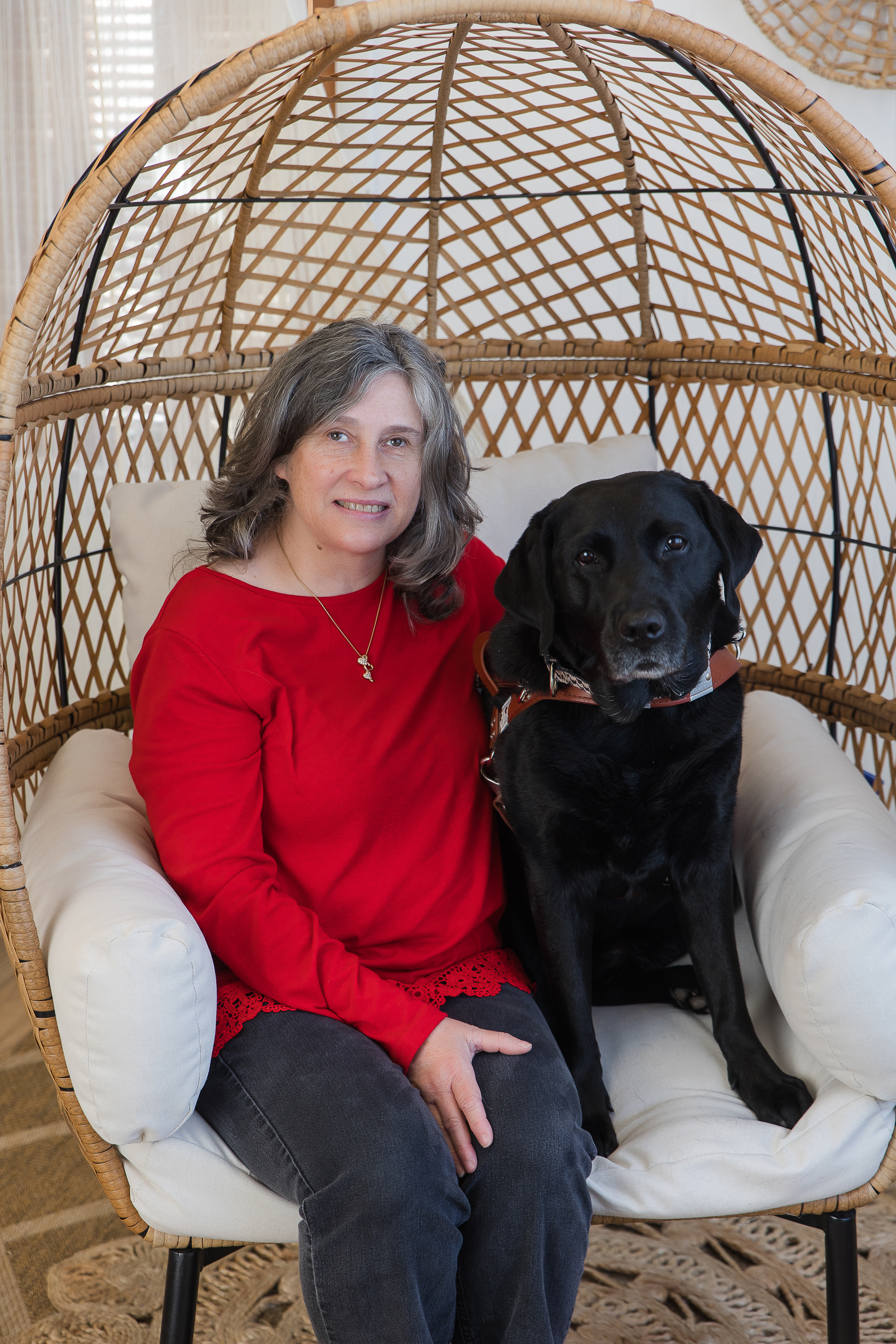
That’s why Paul boasted about his weaknesses. He had the power of God resting on Him.
Over the last seven months, I have heard “No!” more than I would like. I must admit my response has not always been a good one. In September 2022, I began a long journey of pain, but I was determined that it would last only a few days. Then I was determined it would only last a few weeks.
That’s when my prayers changed from, “Lord, please heal me!” to “Lord, allow me to attend this event.” I had book signings and speaking engagements to attend. That’s when all my prayers received a loud and final “NO!”
I thought all these events were part of the plans God and I had made. Please notice that I said God and I made them. I couldn’t understand at that time that these plans did not belong to God but solely to me. The plans I made had been offered up to God, assuming He would stamp them with His seal of approval.
My heart broke. I couldn’t understand why this happened. It sent me down into a pit of discouragement.
I always thought I had such a good relationship with God, and when these events blew up in a puff of smoke, leaving me sitting in a pile of ashes, I questioned my relationship with God. Maybe I could not distinguish His voice. Along with the severe pain of sciatica, I sank into depression, and it took a long time before God rescued me. He didn’t leave me there. He didn’t say “No” when it mattered most.
How do you respond when God gives you a definite no? Does anger take the wheel? Do you feel disappointment or confusion? Do you question your ability to discern the voice of God?
Moving Forward
I’m preparing to have a serious surgery on my back, a spinal fusion. This will address the sciatica plus a more serious problem they found, scoliosis. Like any good believer, I am praying for healing so I won’t need to endure the pain. I hope the doctors will discover a perfectly straight spine at my pre-op appointment. Honestly, I don’t think that’s what will happen, not because I doubt God’s ability to heal, but because I feel God wants me to have this surgery. I feel He has something wonderful waiting when it’s all over.
I’m also praying for God’s mercy concerning pain and complications. If God says “No” to that, I want to respond better than I did last autumn.
How Did Jesus Handle “No”?
How should we respond when God says no? Let’s look at the most perfect man who walked on this earth, Jesus Christ. If we visit the Garden of Gethsemane, we find Jesus asking God three times to remove the cup of suffering. This suffering outweighs all the suffering in the world because this was the sin debt of all who would believe in Christ. He knew His death would be the most excruciating form of execution, death on a cross. Jesus also knew His Father would forsake Him as He hung in agonizing pain, flesh was torn and gasping for air. What did Jesus pray?
“Father, if you are willing, take this cup from me; yet not my will, but yours be done.” (Luke 42:22 NIV)
Friend, no matter how badly we want to avoid heartache and physical suffering, that must be our prayer too. We must get our hearts in a place where we can honestly pray for the Father’s will to be accomplished. I believe this takes more faith than it does to believe God will heal. I have heard "no" enough times to realize that. I have also felt God's healing, so I must testify that sometimes, God does heal supernaturally when the doctors have said they can do no more.
Let’s not forget that Jesus was fully God as much as He was fully Man. He could have come down from that cross and skipped all the agony, but He didn’t do that. His love for us and His submission to the Father kept Him on the cross. Now is a good time to thank Him for that sacrifice. His life for yours.
If we look at the life of Jesus, we will find that He always desired to do the will of the Father.
Jesus gave them this answer: “Very truly I tell you, the Son can do nothing by himself; he can do only what he sees his Father doing, because whatever the Father does the Son also does." (John 5:19 NIV)
"By myself, I can do nothing; I judge only as I hear, and my judgment is just, for I seek not to please myself but him who sent me." (John 5:30 NIV)
When Jesus instructed us on how to pray, He also taught us to pray for God’s will (Matt. 6:10). I realize that my plans were canceled out, but if I had sought God’s plans, the outcome would have been quite different. Now, I am trying to seek what God is doing around me, and I want His will and not mine. That’s difficult to say when it comes to pain and the possibility of complications from surgery.
The Apostle Paul
Let’s look at a man in Scripture who also received a loud, negative answer from God, the Apostle Paul. In 2 Corinthians 12:7, Paul says he was given a thorn in his flesh. I’m glad we do not know what Paul’s thorn was because now it can be relatable and parallel to any of our thorns: disease, heartache, a troubled relationship, or a financial burden. Paul pleaded with the Lord to remove the thorn three times (2 Cor. 12:8).
God didn’t remove Paul’s thorn, but he replied to Paul’s request:
"But he said to me, 'My grace is sufficient for you, for my power is made perfect in weakness.' Therefore I will boast all the more gladly about my weaknesses, so that Christ’s power may rest on me." (2 Corinthians 12:9 NIV)
No matter what we endure, God’s grace will be sufficient. That means it is enough. When God doesn’t say yes, He gives us ample grace.
According to Strong’s Exhaustive Concordance, the word "power" is translated from the Greek word as miraculous power. We get our English word dynamite from this Greek word. We’re talking about a supernatural power, and it’s made perfect, or complete, in our weakness (frailty, Strong's Exhaustive Concordance).
While we suffer, God gives us two things. The first one is His grace, and the second one is His power.
What we see as weak will be counted as powerful. What the world sees as frail, most will recognize as something extraordinary. They will see His power upon us. That’s why Paul boasted about his weaknesses. He had the power of God resting on Him. The phrase "may rest" means to dwell or abide with God. It’s the same as the passage in John 15 when Jesus spoke about being the vine with us as the branches, dependent upon Him for everything.
How should we respond when God says, “No”?
-Desire the will of God.
-Submit to the Father’s plans.
-Glorify Him in our weakness.
-Lean on His sufficient grace.
-Receive and recognize His power dwelling upon you.
After creating this list, I realize what we need to do in order to live this out. We must draw closer to God than ever before, and when we draw close to Him, He will draw closer to us.
Friend, I don’t know what disappointments you are living with, but I know God has something better for us. I’ve had to learn some things the hard way, but I pray in the future, we can link arms as sisters in Christ and wear the badge of “No” with a smile, knowing His will is always better than ours.
Photo Credit: ©iStock/Getty Images Plus/Jtasphoto









